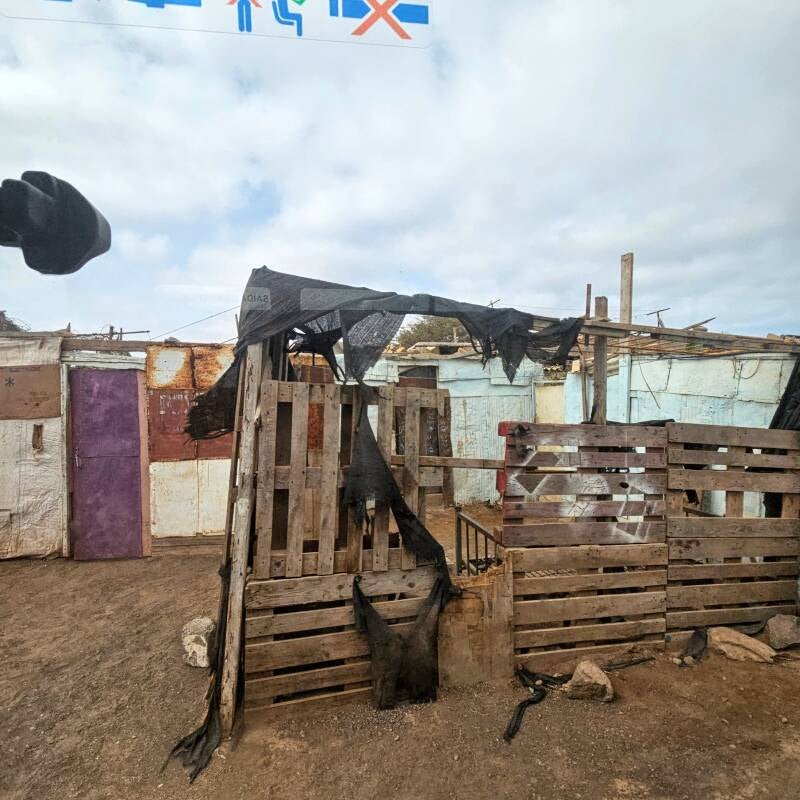
It’s probably fair to say we all enjoy a holiday. For a short time, we escape reality, live in a bubble, and detach from everyday life. Recently, we traveled to Cape Verde, a growing tourist destination off the west coast of Africa. It’s a nation made up of 10 islands (nine of them inhabited), with tourism as a primary source of income. With its arid climate, limited rainfall, and economic dependency on imports, the contrast between the experience within resort hotels and the realities of local life is stark.
So, why write about this?
Because it reminded me of a simple but powerful idea: we should always dig a little deeper than the headlines.
Climate Change: A Practical, Not Just Political, Concern
Whether or not climate change is influencing Cape Verde’s weather patterns is a matter for scientists, but the economic impact of fossil fuel dependency is clear. Cape Verde imports oil to generate electricity, and so any rise in the cost of oil has a direct impact on its fragile economy.
What the country does have in abundance, however, is sunshine and wind. Unsurprisingly, it’s investing heavily in solar and wind power to reduce reliance on imported fuels. This isn’t driven by global climate agendas—it’s about economic necessity and resilience.
In fact, the International Renewable Energy Agency (IRENA) reports that Cape Verde aims to source 50% of its electricity from renewables by 2030, and eventually reach 100%. This is a national strategy not just for sustainability, but for energy independence and economic security.
Compare that with political statements elsewhere. In a recent podcast I recorded, we explored the so-called “burn baby burn” energy narrative in the US. The idea is simple: flood the market with oil to lower prices. But in reality, this ignores the economic model of oil production, where investments only occur when oil prices are sufficiently high. In practice, many oil-producing nations require oil prices of $60–$80 per barrel to break even. Unless prices rise and remain stable, the rhetoric may remain just that—rhetoric.
Meanwhile, countries like Cape Verde are pursuing sustainable energy for practical reasons, not just ideological ones.
China: Threat or Inspiration?
Western narratives often portray China as a geopolitical threat—surveillance fears, trade disputes, and political tensions dominate the headlines. But from a different viewpoint, the story changes.
In Cape Verde, China is seen very differently. Local markets stocked with low-cost Chinese goods help support the daily needs of many families. Speaking with locals, there’s admiration for China's rapid development. From poverty to superpower status in a generation, many see China not as a threat, but as a model of progress and ambition.
China has also invested in infrastructure projects across Africa, including Cape Verde. While critics question their long-term intentions, the reality is that many local communities welcome these investments as tangible support where others have overlooked them.
This flips the usual narrative: instead of the West viewing China as a competitor to be feared, many developing nations see China as aspirational—a country that has improved living standards and expanded its global influence through hard work and long-term planning.
Look Beyond the Headlines
We often accept headlines as truth, but the real story is usually more complex. Whether it’s why a country is embracing solar energy or how global powers are perceived abroad, digging a little deeper often reveals surprising—and sometimes hopeful—truths.
Cape Verde isn't switching to renewable energy to save the planet; it’s doing so to save money and reduce vulnerability. China isn't feared by everyone; for many nations, it’s a source of inspiration.
And for investors, travelers, or anyone simply reading the news, this is a powerful reminder:
Always dig a little deeper. The real story often lives beneath the surface.


Add comment
Comments